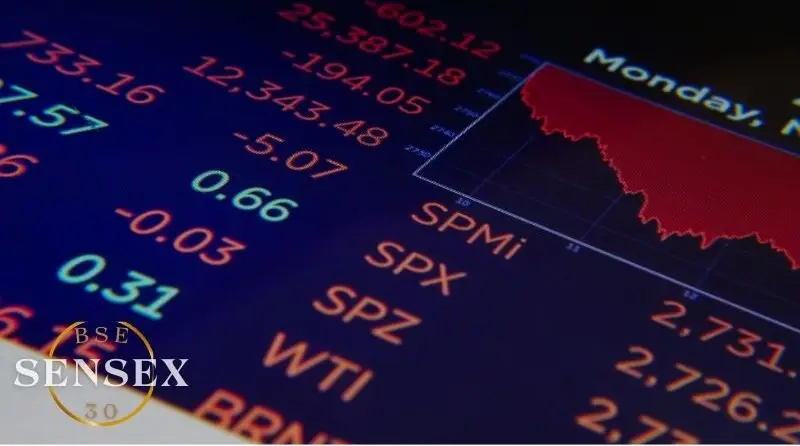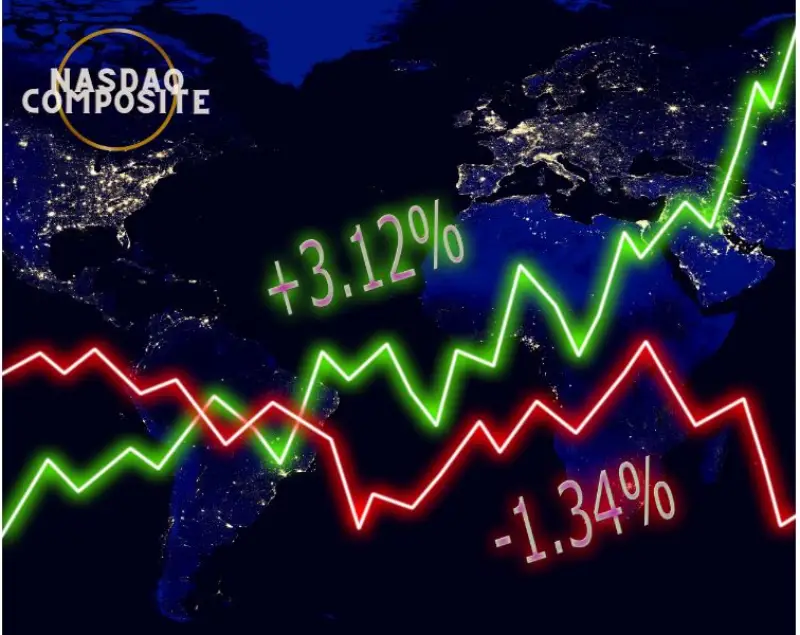Are you interested in investing in one of the most dynamic and rapidly growing stock markets in Africa? Look no further than the Republic of South Africa, where the stock market plays a crucial role in driving economic growth and providing opportunities for investors.
The Johannesburg Stock Exchange (JSE) is the largest stock exchange on the continent and is home to a diverse range of listed companies across various sectors, making it a key player in the global financial market. Investors can trade shares, bonds, commodities, and derivatives on this prestigious exchange.
Two of the major stock indices in South Africa are the FTSE/JSE All Share Index, which tracks the performance of all listed companies on the JSE, and the FTSE/JSE Top 40 Index, which focuses on the top 40 largest companies by market capitalization. These indices provide valuable insights into the overall health and performance of the South African economy.
Whether you’re a seasoned investor or just starting out, exploring opportunities in the South African stock market can offer significant potential for growth and diversification. Stay tuned for more updates and insights on this exciting market!
How Does the Stock Market Work in Republic of South Africa
In the Republic of South Africa, the stock market operates through the Johannesburg Stock Exchange (JSE), which is one of the oldest stock exchanges in the world. The JSE facilitates trading of shares of listed companies, allowing investors to buy and sell securities.
To invest in the stock market in South Africa, individuals can open a brokerage account with a licensed stockbroker. They can then place orders to buy or sell shares through their broker on the JSE. Investors can choose from a wide range of stocks, bonds, exchange-traded funds (ETFs), and other financial instruments listed on the exchange.
Some major stocks that generate profit in South Africa include:
- Naspers Ltd: A multinational media and technology company known for its investments in internet businesses.
- Sasol Ltd: An integrated energy and chemical company specializing in oil and gas production.
- Anglo American plc: A global mining company with operations in various commodities such as platinum, diamonds, coal, and iron ore.
- Standard Bank Group Ltd: One of South Africa’s largest financial services groups offering banking and wealth management services.
- BHP Group Ltd: A diversified resources company engaged in mining and petroleum exploration worldwide.
Investing in the stock market carries risks, so it is important for investors to conduct thorough research and seek advice from financial professionals before making investment decisions. By diversifying their investment portfolio and staying informed about market trends, investors can potentially earn returns on their investments in the South African stock market.
What is the benefits of buying stocks in Republic of South Africa
Investing in the stock market in the Republic of South Africa can offer several benefits, including:
1. Diversification: Buying stocks in the South African stock market allows you to diversify your investment portfolio, spreading risk across different sectors and industries.
2. Potential for high returns: The South African stock market has shown strong growth potential over the years, offering investors the opportunity to earn significant returns on their investments.
3. Access to emerging markets: Investing in South African stocks provides exposure to one of Africa’s largest and most developed economies, as well as access to other emerging markets on the continent.
4. Dividend income: Many companies listed on the South African stock exchange pay out dividends to shareholders, providing a source of passive income for investors.
5. Liquidity: The Johannesburg Stock Exchange (JSE) is one of the largest and most liquid exchanges in Africa, making it easy for investors to buy and sell stocks at any time.
When investing in the South African stock market, it is important to keep the following tips and takeaways in mind:
1. Research companies before investing: Conduct thorough research on companies before buying their stocks to ensure they have strong fundamentals and growth prospects.
2. Monitor economic and political developments: Stay informed about economic and political events in South Africa that could impact the stock market, such as changes in interest rates or government policies.
3. Diversify your portfolio: Spread your investments across different sectors and industries to reduce risk and maximize potential returns.
4. Consider using a broker: Utilize a reputable brokerage firm to help you navigate the complexities of investing in the South African stock market and make informed decisions.
5. Practice patience and long-term thinking: Investing in stocks requires patience and a long-term perspective, so avoid making impulsive decisions based on short-term market fluctuations.
The main stock indices in Republic of South Africa
Stock market indices are benchmarks used to track the performance of a specific group of stocks in a particular financial market. These indices provide investors with an indication of the overall health and direction of the stock market.
In the Republic of South Africa, one of the most important stock market indices is the Johannesburg Stock Exchange (JSE) All Share Index, also known as the ALSI. This index tracks the performance of all listed companies on the JSE, making it a broad indicator of the South African stock market.
Another significant index in South Africa is the FTSE/JSE Top 40 Index, which consists of the 40 largest companies listed on the JSE by market capitalization. This index is often used as a barometer for the performance of blue-chip stocks in South Africa.
The regulation of stock market indices in South Africa falls under the jurisdiction of regulatory bodies such as the Financial Sector Conduct Authority (FSCA) and the JSE itself. These entities ensure that proper standards are maintained in terms of transparency, accuracy, and fairness in calculating and reporting index values.
Investors can use stock market indices to gauge market trends, make investment decisions, and assess portfolio performance. By tracking these benchmarks, investors can gain insights into how different sectors or industries are performing within the broader stock market.
Overall, understanding and monitoring key stock market indices in South Africa can help investors stay informed about market movements and make more informed investment choices. It is essential for investors to keep abreast of regulatory developments and changes in index methodologies to navigate effectively in this dynamic financial landscape.
Recap: The stock market in Republic of South Africa
The stock market in the Republic of South Africa has shown resilience and growth over the years, despite facing various economic challenges. With a well-regulated financial system and a diverse range of listed companies, the Johannesburg Stock Exchange (JSE) is one of the largest and most liquid markets in Africa.
Investors in the South African stock market have access to a wide variety of sectors, including mining, financial services, technology, and consumer goods. This diversity allows for opportunities for both local and international investors to diversify their portfolios and potentially achieve high returns.
Political stability and sound economic policies have helped support the growth of the stock market in South Africa. However, like any market, it is not without risks. Factors such as currency fluctuations, commodity prices, and global economic conditions can impact stock prices and investor sentiment.
Overall, the stock market in the Republic of South Africa offers opportunities for investors looking to participate in one of the continent’s most dynamic economies. With proper research and risk management strategies, investors can navigate the market effectively and potentially benefit from its growth potential.




























































